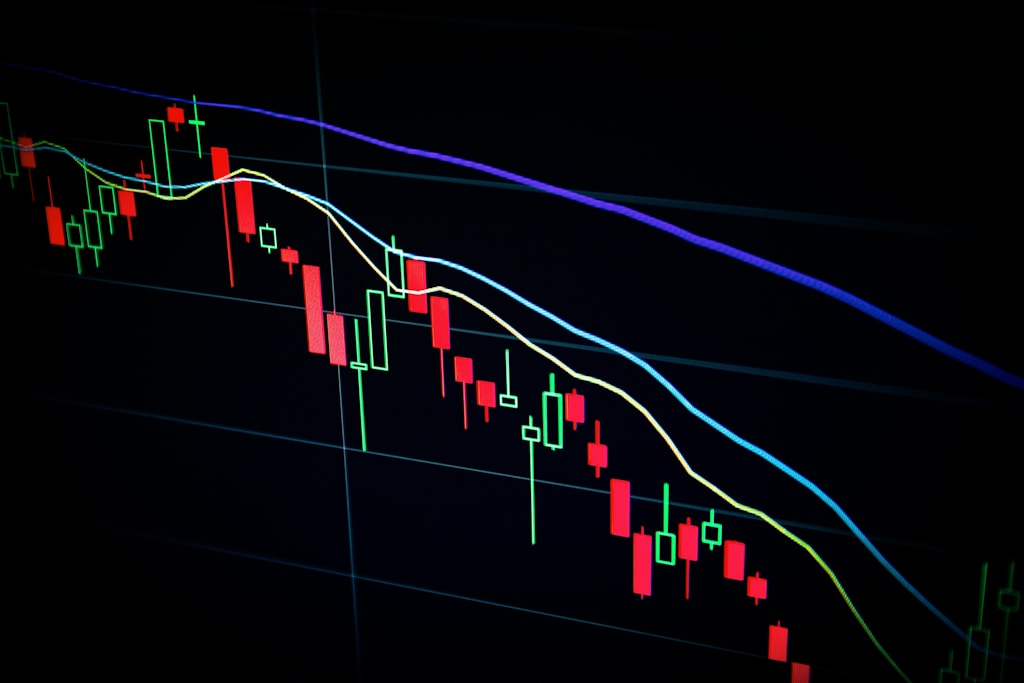Ethereum’s price trajectory faces increased uncertainty as major whale activity and concerning on-chain metrics emerge. ETH is currently trading at $2,621, showing a 3.2% decline in the last 24 hours amid broader market turbulence.
This price action coincides with significant market-wide corrections affecting major cryptocurrencies, suggesting a potential shift in market sentiment.
Massive ETH Transfer Signals Potential Selling Pressure
On-chain data has revealed a substantial movement of approximately 385,000 ETH to Binance on May 27, marking one of the largest single-day exchange inflows in recent months. This transfer, valued at over $1 billion at current prices, has triggered concerns about potential selling pressure.
CryptoQuant analyst Amr Taha notes that such significant exchange inflows often precede market corrections, particularly when coinciding with other bearish indicators.
Bitcoin NUPL Metric Signals Market Cooling
Adding to the bearish outlook, Bitcoin’s Net Unrealized Profit/Loss (NUPL) metric has reached 0.6, a level historically associated with profit-taking behavior. Previous instances of NUPL at this threshold have preceded significant market corrections.
Technical Analysis and Support Levels
While ETH maintains its 45% monthly gains, key support levels around $2,550 will be crucial for maintaining bullish momentum. A break below this level could trigger further selling pressure.
Expert Outlook and Trading Considerations
Market analysts suggest monitoring several key metrics:
- Exchange inflow/outflow ratios
- Whale wallet movements
- Trading volume distribution
- Options market sentiment
FAQ Section
What does the large ETH transfer to Binance indicate?
Large transfers to exchanges often signal potential selling pressure or liquidity provision, though they don’t always result in immediate price action.
How significant is the current correction risk?
While indicators suggest caution, ETH’s strong fundamentals and broader market strength could provide support against severe corrections.
Investors should maintain vigilant monitoring of both on-chain metrics and macro factors as the market navigates this potential transition phase.







